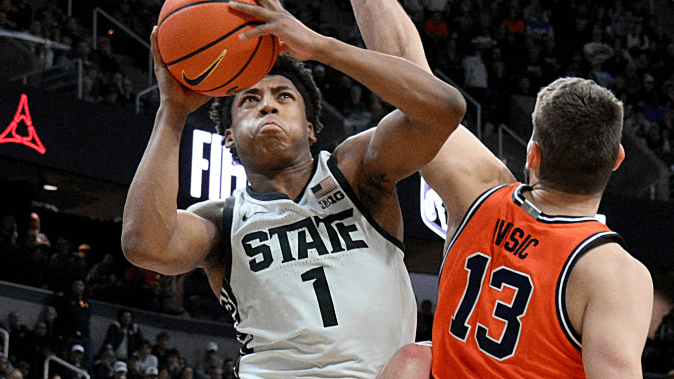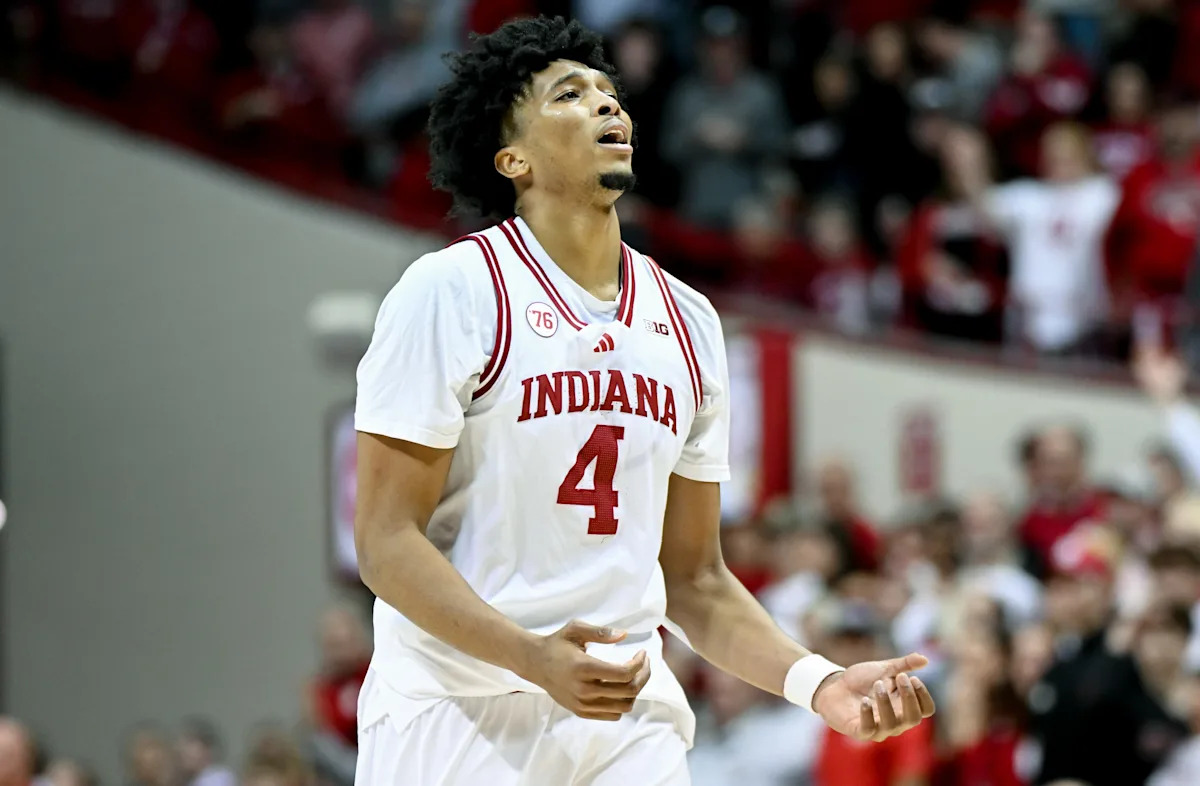SAN ANTONIO — The day after Florida defeated UConn to advance to the Sweet 16, assistant coach Kevin Hovde jetted up to New York City for a preview of his new life.
The week prior, he’d accepted the head coaching job at Columbia, replacing Jim Engles, but he’s not about to leave the Gators out to dry in search of a national championship.
Now, with Florida in the Final Four, Hovde knows it’s his final weekend with the Gators regardless of result, but he’s been wearing two caps over the last two weeks.
“In between, I’ve been making calls,” Hovde said. “I’m trying to do my best to get relationships with the guys in the program and their families just so they can get to know me.”
His trip up to Morningside Heights was for much more than just vanity. He was able to meet with the team in person, both as a group and individually to try to explain his vision for the program, and understand what lies ahead.
And that vision for the program is the same one that Hovde was part of when he was on Kyle Smith’s Lions’ staff in the early-2010’s alongside his current boss, Todd Golden, among others.
Within the program, it starts with analytics, and Smith’s famed “nerdball” approach.
“The heart and soul of it is our hustle stats,” Hovde said. “That’s our stats that are internal to our program that we track in practice and in games. So that’s really important to us, and we use it as a player development tool and to decide who plays minutes.”
But it’s not just within the program that Hovde wants to incorporate his analytical approach. The numbers are a key tool in recruiting, between recruiting the portal, high school, and even internationally.
Over the years, as these statistics have become more accessible, and the coaching brain trust that is Smith’s tree has gained more experience evaluating them, they’ve gotten better and better at it.
“It takes a lot of trial and error,” Hovde said. “But there are good stats available now (for AAU, FIBA, and college), and over enough time when you’re recruiting these guys as we have for so long, you can start to get a good feel for ‘this guy averaged, you know, eight points per game in this event and where that would translate into a Division I basketball’.
Recruiting in the Ivy League is much different from recruiting in the SEC, but Hovde’s experience with Columbia means it’s not a brand new world for him.
While it may be harder to recruit certain players to the Ivy League, retaining talent has been easier than in most mid-major leagues, and Hovde will have the chance to bring some pieces back.
“It starts for us with bringing in guys with great attitudes, great work ethics and guys that really wanna be at Columbia,” Hovde said. “And I think I’m really excited because I think there’s some guys in the program now that have those characteristics, so hopefully we can hit the ground running.”
When you’re an assistant coach for as long as Hovde has been (nearly 15 years), the way you’d build your own program is always in the back of your mind. After all, he called it a dream come true, and it’s clear just how much thought he’s put into being a head coach.
“We need to simplify things for when we get the group together,” he said. “We’re gonna be very consistent in what we work on. Our style of play will be very consistent from year to year, and just every part of our program, the consistency is key for raising the bar.”
After Dartmouth’s Ivy Madness berth this season, Columbia is now the only team in the conference that has never qualified for the four-team tournament, which debuted in 2017, the year after Smith and Hovde left for San Francisco.
The Lions haven’t gone .500 in the conference since Smith’s last season, where they won the CIT, and haven’t made the NCAA Tournament since 1968. But if there’s anybody that can win there, it’s somebody who was part of the most successful Columbia teams since that 1968 squad.
But first things first, a national championship is on the line in San Antonio.

























